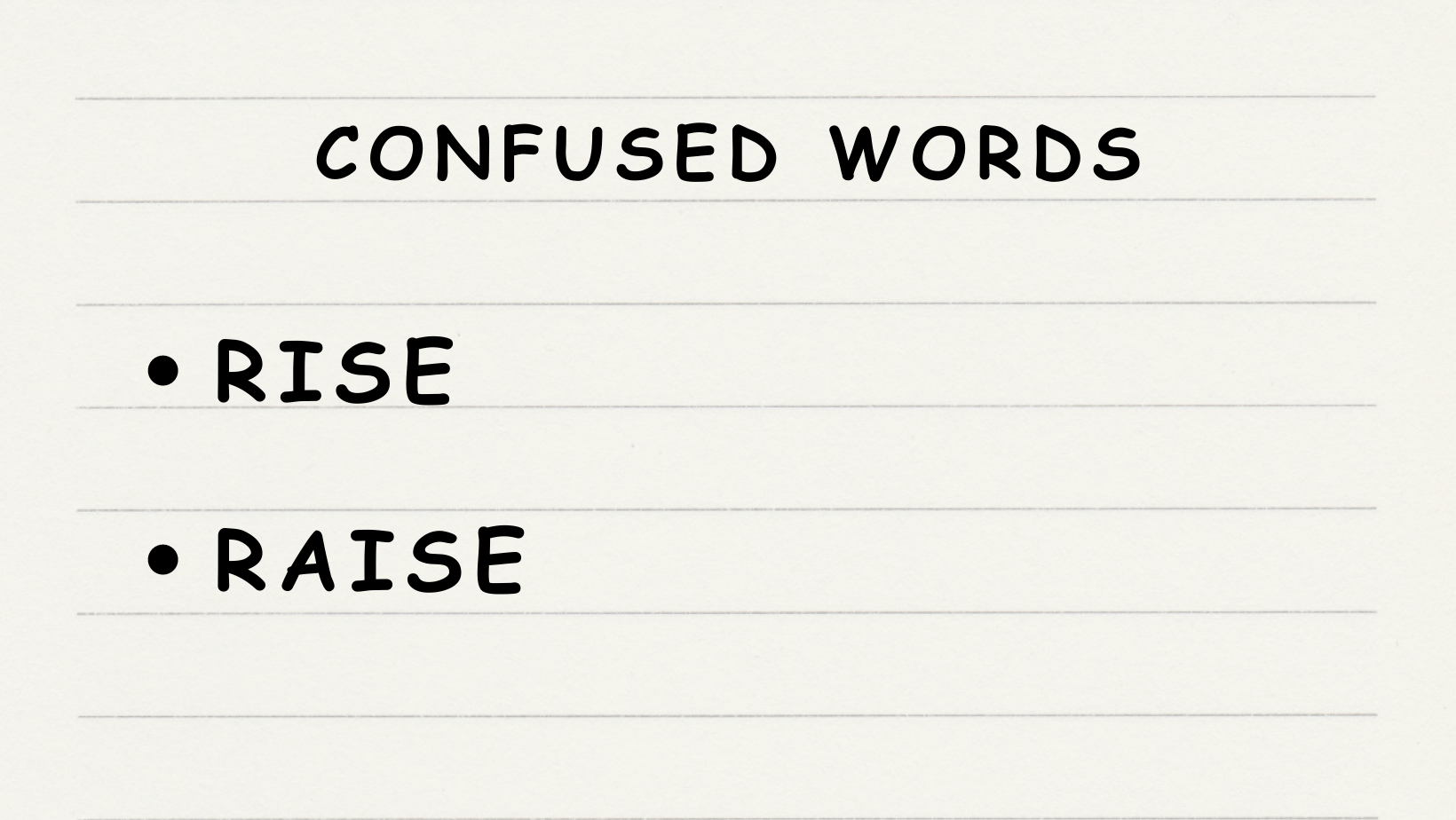
Hello learners! Today, we’re going to tackle a particularly interesting pair of English words: vendor and vender. While they may sound identical, one is a common English word and the other is less so. Let’s dive into these words and clarify any confusion.
Vendor
A vendor (IPA: /ˈvɛndər/) is a noun which refers to someone who sells things, especially on a small scale, like a street vendor, or as part of a broader marketplace.
Here are 10 examples:
- The vendor sells fresh vegetables at the market. (The seller at the market deals in fresh vegetables)
- We bought ice cream from a vendor. (We purchased ice cream from a small-scale seller)
- The company is a well-known software vendor. (The company is well-known for selling software)
- The vendor provides food for the festival. (The seller supplies food for the festival)
- They are the exclusive vendor for these products. (They are the sole seller of these products)
- We need to pay the vendor for the delivered goods. (We need to pay the seller for the goods that have been delivered)
- The vendor at the corner sells delicious street food. (The seller at the corner deals in delicious street food)
- He is the vendor of unique handmade crafts. (He sells unique handmade crafts)
- The book vendor had a wide range of novels. (The bookseller had a wide variety of novels)
- The vendor displayed her jewelry at the craft show. (The seller displayed her jewelry at the craft show)
Vender
Vender (IPA: /ˈvɛndər/) is actually an uncommon alternate spelling of vendor in English, but it’s more commonly used in Spanish where it means “to sell.
In English, it’s better to stick to using vendor as the correct spelling.
Conclusion
To wrap up, vendor is the commonly used and accepted term in English to describe a seller, especially on a small scale or in a marketplace. On the other hand, vender is an uncommon variant of the same word in English, though it is used in Spanish. Stick with using vendor when writing in English for clarity and consistency.


